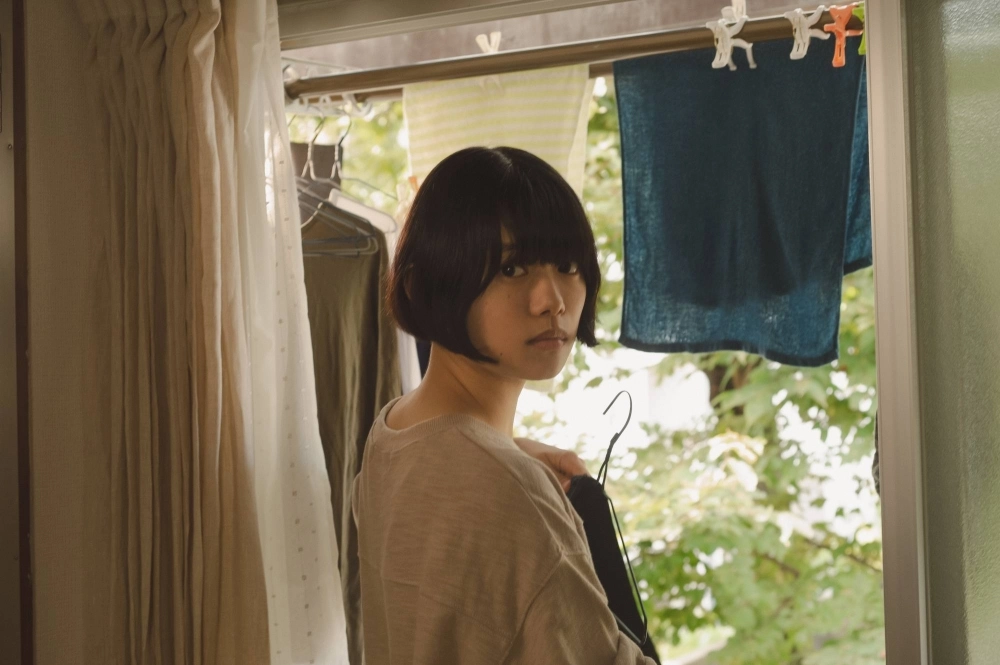Seeing Akihiro Toda’s “Ichiko” at this year’s Tokyo International Film Festival, I was deeply impressed by Hana Sugisaki’s totally committed performance as the titular character, an inscrutable woman whose entire life becomes a deception. After seeing the film a second time, I realized that non-Japanese viewers may be deeply confused by a key plot point: how Japan’s family register system leaves Ichiko a non-person.
Based on Toda’s award-winning 2015 play, this episodic and enigmatic film briefly explains why she finds herself in this predicament. For Japanese viewers, that may be enough, though “Ichiko” ends with mysteries that even they (and I) find hard to parse, if online comments are any indication.

















With your current subscription plan you can comment on stories. However, before writing your first comment, please create a display name in the Profile section of your subscriber account page.